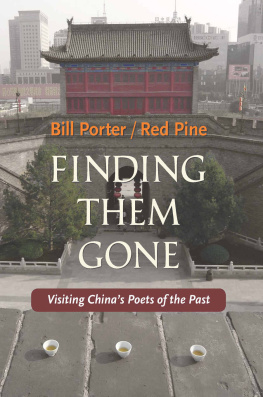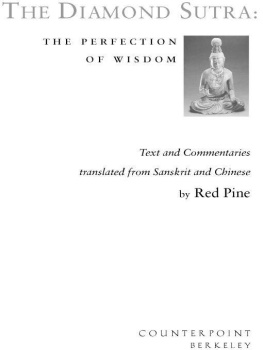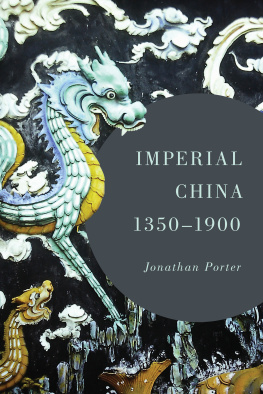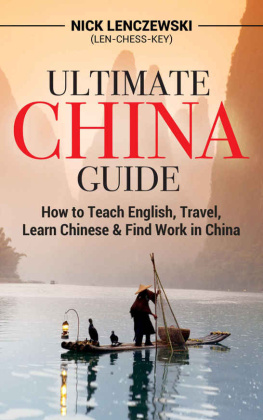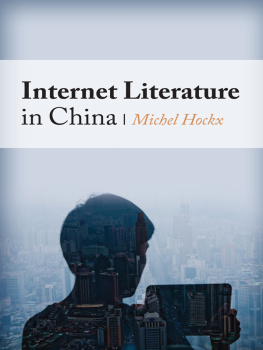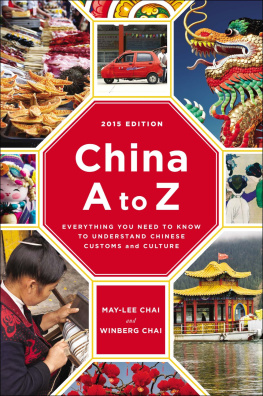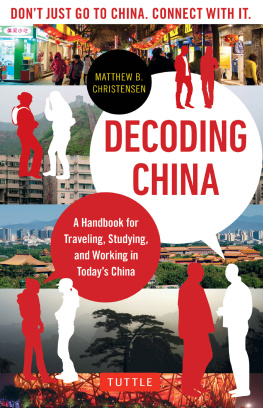Bill Porter - Finding Them Gone: Visiting China’s Poets of the Past
Here you can read online Bill Porter - Finding Them Gone: Visiting China’s Poets of the Past full text of the book (entire story) in english for free. Download pdf and epub, get meaning, cover and reviews about this ebook. year: 2016, publisher: Copper Canyon Press, genre: Art. Description of the work, (preface) as well as reviews are available. Best literature library LitArk.com created for fans of good reading and offers a wide selection of genres:
Romance novel
Science fiction
Adventure
Detective
Science
History
Home and family
Prose
Art
Politics
Computer
Non-fiction
Religion
Business
Children
Humor
Choose a favorite category and find really read worthwhile books. Enjoy immersion in the world of imagination, feel the emotions of the characters or learn something new for yourself, make an fascinating discovery.
- Book:Finding Them Gone: Visiting China’s Poets of the Past
- Author:
- Publisher:Copper Canyon Press
- Genre:
- Year:2016
- Rating:3 / 5
- Favourites:Add to favourites
- Your mark:
Finding Them Gone: Visiting China’s Poets of the Past: summary, description and annotation
We offer to read an annotation, description, summary or preface (depends on what the author of the book "Finding Them Gone: Visiting China’s Poets of the Past" wrote himself). If you haven't found the necessary information about the book — write in the comments, we will try to find it.
A travel writer with a cult following.The New York Times
There are very few westerners who could successfully cover so much territory in China, but Porter pulls it off. Finding Them Gone uniquely draws upon his parallel careers as a translator and a travel writer in ways that his previous books have not. A lifetime devoted to understanding Chinese culture and spirituality blossoms within its pages to create something truly rare.The Los Angeles Book Review
A road trip with poetryif that sounds like your kind of thing, then this is the book for you.Thats China Magazine
To pay homage to Chinas greatest poets, renowned translator Bill Porter,who is also known by his Chinese name Red Pinetraveled throughout China visiting dozens of poets graves and performing idiosyncratic rituals that featured Kentucky bourbon and reading poems aloud to the spirits.
Combining travelogue, translations, history, and personal stories, this intimate and fast-paced tour of modern China celebrates inspirational landscapes and presents translations of classical poems, many of which have never before been translated into English.
Porter is a former radio commentator based in Hong Kong who specialized in travelogues. As such, he is an entertaining storyteller who is deeply knowledgeable about Chinese culture, both ancient and modern, who brings readers into the journeyfrom standing at the edge of the trash pit that used to be Tu Mus grave to sitting in Han Shans cave where the Buddhist hermit Butterfly Woman serves him tea.
Illustrated with over one hundred photographs and two hundred poems, Finding Them Gone combines the love of travel with an irrepressible exuberance for poetry. As Porter writes: The graves of the poets Id been visiting were so different. Some were simple, some palatial, some had been plowed under by farmers, and others had been reduced to trash pits. Their poems, though, had survived... Poetry is transcendent. We carry it in our hearts and find it there when we have forgotten everything else.
In praise of Bill Porter/Red Pine:
In the travel writing that has made him so popular in China, Porters tone is not reverential but explanatory, and filled with luminous asides... His goal is to tell interested foreigners about revealing byways of Chinese culture.New York Review of Books
Porter is an amiable and knowledgeable guide. The daily entries themselves fit squarely in the travelogue genre, seamlessly combining the details of his routes and encounters with the poets biographies, Chinese histories, and a generous helping of the poetry itself. Porters knowledge of the subject and his curation of the poems make this book well worth reading for travelers and poetry readers alike. Its like a survey course in Chinese poetrybut one in which the readings are excellent, the professor doesnt take himself too seriously, and the field trips involve sharing Stagg bourbon with the deceased.Publishers Weekly
Red Pines out-of-the-mainstream work is canny and clearheaded, and it has immeasurably enhanced Zen/Taoist literature and practice.Kyoto Journal
Bill Porter has been one of the most prolific translators of Chinese texts, while also developing into a travel writer with a cult following.The New York Times
Red Pines succinct and informative notes for each poem are core samples of the cultural, political, and literary history of China. Asian Reporter
Poets graves visited (partial list): Li Pai, Tu Fu, Wang Wei, Su Tung-po, Hsueh Tao, Chia Tao, Wei Ying-wu, Shih-wu (Stonehouse), Han-shan (Cold Mountain).
Bill Porter (a.k.a. Red Pine) is widely recognized as one of the worlds finest translators of Chinese religious and poetic texts. His best-selling books include Lao-tzus Taoteching and The Collected Songs of Cold Mountain. He lives near Seattle.
Bill Porter: author's other books
Who wrote Finding Them Gone: Visiting China’s Poets of the Past? Find out the surname, the name of the author of the book and a list of all author's works by series.

